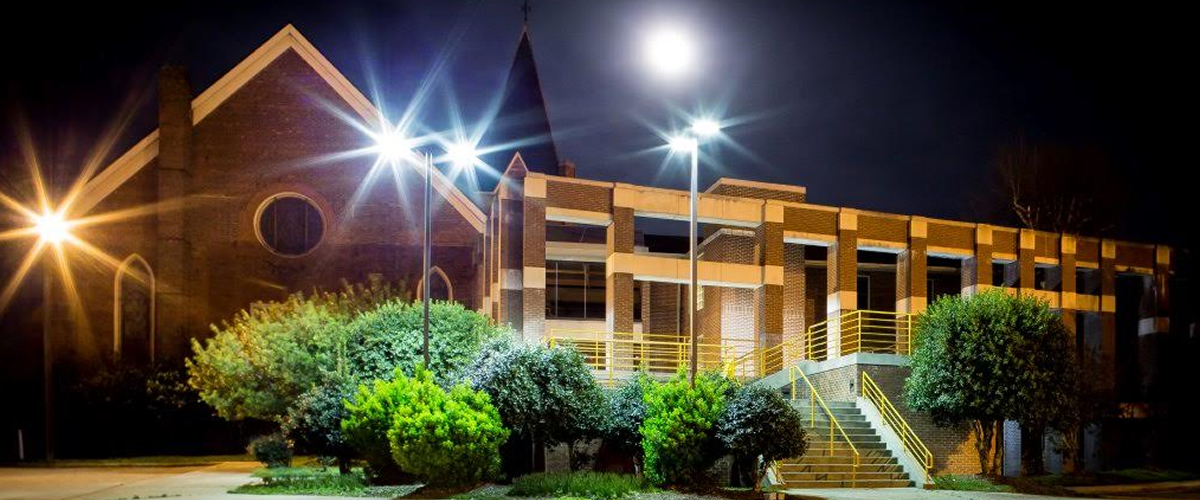The Hayti Heritage Center, a cultural enrichment and arts education facility, works to preserve and share the remarkable story of an African-American community that became an integral part of Durham. It does this by offering programs and events that embrace and promote understanding of the community’s rich cultural heritage.
When Angela Lee, the executive director, saw a need for a management tune-up, she turned to Executive Service Corps of the Triangle (ESC) for help. ESC stepped in to provide Lee with executive coaching to help her achieve the results she desired for herself and her organization.
“It turned out to be a very good match,” she said. “It made a big difference having someone with whom to share my concerns and our positives.”
She feels her executive coaching has made her a better manager of her staff of three full-time and two part-time employees and more effective in working with the board of directors.
The Hayti story is not widely known, even in neighboring communities. The Hayti Heritage Center has been working since 1975 to change that with its mission of “preserving and advancing the heritage and culture of historic Hayti and the African-American experience through programs that benefit the broader community locally, nationally and globally.”
The Hayti community of Durham emerged after the Civil War when freed slaves came to the area and were forced by Jim Crow segregation to settle on the “other side of the tracks.” It became an independent community on the edge of what is now downtown Durham. As Durham became a railroad town and thrived as the center of the tobacco
industry, increasing numbers of freedmen migrated north to work in those industries and in the trades and skills they had learned on the plantations.
They named their community in recognition of the Haitian revolution, the only slave rebellion that led to the creation of an independent nation. In 1891, they built what became St. Joseph’s Church, which is now part of the Hayti Heritage Center.
By the early 20th century, there were more than 100 businesses and 500 homes in the community, which Booker T. Washington called “Black Wall Street.”
St. Joseph’s Church was renovated in 2001 into a 400-seat performance hall, which preserved its stained glass windows and hand-painted tin ceilings and is listed on the National Historic Registry.
That is where many of the Hayti Heritage Center’s programs are held, including a music series, blues and film festivals and spoken word performances. It also features artist exhibitions and dance and aerobic boxing classes, and facility rentals and tours are offered year round. They have more than 30,000 visitors a year.
Those are the operations Lee sought to strengthen with ESC consulting help. “My coaching was a very useful and positive experience,” she said.

